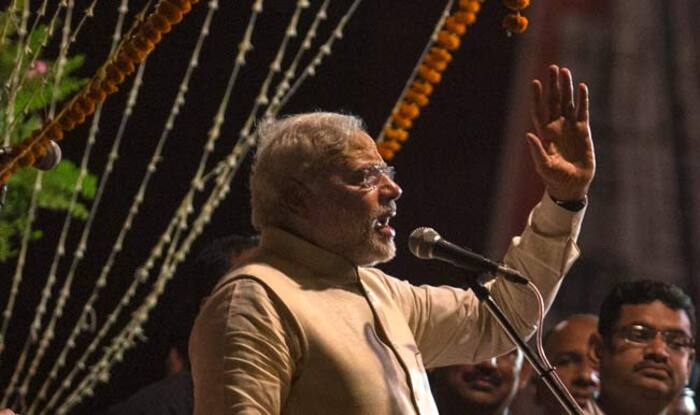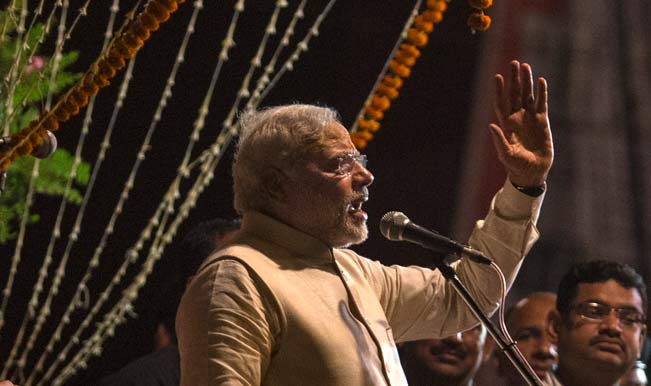
By clicking “Accept All Cookies”, you agree to the storing of cookies on your device to enhance site navigation, analyze site usage, and assist in our marketing efforts Cookies Policy.


New Delhi, Jun 4: Only three candidates – all from the BJP – polled a vote share of over 50 percent during the recently concluded Lok Sabha election. Prime Minister Narendra Modi in his win from Vadodara (Gujarat) polled 73 percent of the total votes, coming second to his BJP colleague Jardosh Darshnaben Vikrambhai in Surat with a 76 percent vote share.
Patil Chandrakant Raghunath of Bharatiya Janata Party from Navsari constituency polled 71 percent of total votes, according to the Association for Democratic Reforms and National Election Watch analysis. It says of the 282 winners of BJP, 142 winners or 50 percent have won with less than 50 percent of total votes polled in their constituency. In the Congress, 37 winners, or 84 percent of the 44 winners from the party, polled less than 50 percent, while in the AIADMK it was 30 candidates or 81 percent of its 37 winners.
In the Trinamool Congress, 28 winners, or 82 percent of the 34 winners won with less than 50 percent, 13 winners of the Biju Janata Dal of its 20 winners got less than 50 percent, while six of the 18 winners from Shiv Sena won with less than 50 percent of total votes polled in their constituency, says the study.
Among those who got less than 40 percent vote share were 99 winners. Only four winners got less than 30 percent votes polled, including BJP’s Thupstan Chhewang in Ladakh who polled 31,111 votes – a vote share of 26 percent. In Lok Sabha elections 2009, the winners won by an average of 26 percent of the total registered voters. ADR also did a study on representativeness calculated by total votes polled for winner divided by the total number of registered voters.
Vote share is calculated by dividing the votes polled for the winner by the total number of valid votes. This value represents the percentage of votes won by the winning candidate among the total number of valid votes polled. Under the head representativeness, the survey found that all the winners of the Lok Sabha 2014 election won with an average of 31 percent of the total registered voters. This implies that the winners represent on an average, 31 percent of the total electorate in their constituency.
Only four MPs out of 543 have shown representativeness of more than 50 percent, and they include Neiphiu Rio of Nagaland who polled 60 percent. Three winners have the lowest representativeness. Tariq Hameed Karra from Srinagar won with 13 percent of the total registered voters in the constituency followed by Muzaffar Hussain Baig from Baramulla constituency and Mehbooba Mufti from Anantnag constituency – both with 15 percent of the total registered voters in their constituency. All three winners are from the Peoples Democratic Party.
The total number of votes polled for the none of the above (NOTA) option was 6,000,197, or 1.08 percent of total votes polled. The highest percentage of votes polled for NOTA in a constituency was in Bastar, Chhattisgarh with 38,772 or 5.04 percent votes. This was followed by Nilgiris constituency, Tamil Nadu with 46,559 or 4.99 percent votes, and 44,408 or 4.34 percent votes in Nabarangpur constituency, Odisha.
For breaking news and live news updates, like us on Facebook or follow us on Twitter and Instagram. Read more on Latest Loudspeaker News on India.com.